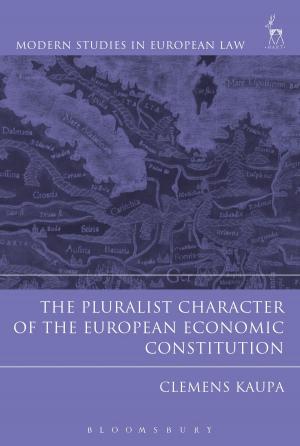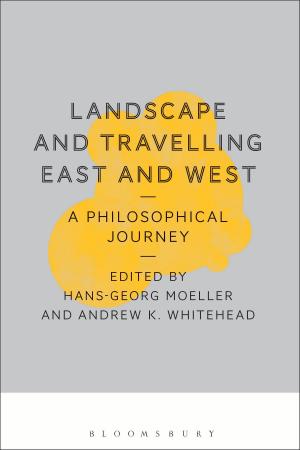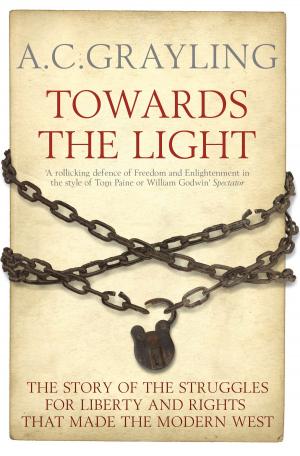Britain and the Arab Middle East
World War I and its Aftermath
Nonfiction, Social & Cultural Studies, Political Science, Social Science, History| Author: | Robert H. Lieshout | ISBN: | 9780857729330 |
| Publisher: | Bloomsbury Publishing | Publication: | July 25, 2016 |
| Imprint: | I.B. Tauris | Language: | English |
| Author: | Robert H. Lieshout |
| ISBN: | 9780857729330 |
| Publisher: | Bloomsbury Publishing |
| Publication: | July 25, 2016 |
| Imprint: | I.B. Tauris |
| Language: | English |
The profound effects of the British Empire's actions in the Arab World during the First World War can be seen echoing through the history of the 20th century. The uprising sparked by the Husayn-McMahon correspondence and led by 'Lawrence of Arabia'; the Sykes-Picot agreement which undermined that rebellion; and memoranda such as the Balfour Declaration all have shaped the Middle East into forms which would have been unrecognizable to the diplomats of the 19th century. Undertaken during the First 'World' War, these actions were not part of a coordinated British strategy, but in fact directed by several overlapping and competing departments, some imperfectly referred to as the 'Arab Bureau'. The British and the Middle East is unique in its comprehensive treatment of how and why the British generals and diplomats acted as they did.
The profound effects of the British Empire's actions in the Arab World during the First World War can be seen echoing through the history of the 20th century. The uprising sparked by the Husayn-McMahon correspondence and led by 'Lawrence of Arabia'; the Sykes-Picot agreement which undermined that rebellion; and memoranda such as the Balfour Declaration all have shaped the Middle East into forms which would have been unrecognizable to the diplomats of the 19th century. Undertaken during the First 'World' War, these actions were not part of a coordinated British strategy, but in fact directed by several overlapping and competing departments, some imperfectly referred to as the 'Arab Bureau'. The British and the Middle East is unique in its comprehensive treatment of how and why the British generals and diplomats acted as they did.















